Héctor Flores Komatsu, an international theater-maker based in Mexico and the US, provides his perspective on Desaparecidas, a musical about the missing women of Ciudad Juárez, Mexico by R&D Group members Jaime Lozano, Florencia Cuenca, and Rachel M. Stevens.
“Promise me you’ll never go to Juárez,” I pleaded to my mom back when we lived in México. I was terrified. How do you fathom the cold-blooded facts that there’s this one city where women mysteriously disappear left and right, and nobody knows how to stop it? Twenty years later, I still can’t fully fathom it. But back then, my nine-year-old self’s gut solution was to hazard-tape an entire city off in my mind, hoping none of my friends or family would ever have to step foot in it… That’s the only image many of us in Mexico ever had of Juárez: the b-roll of a dangerous border-town shown on the nightly newscast reporting on yet another disappeared woman.
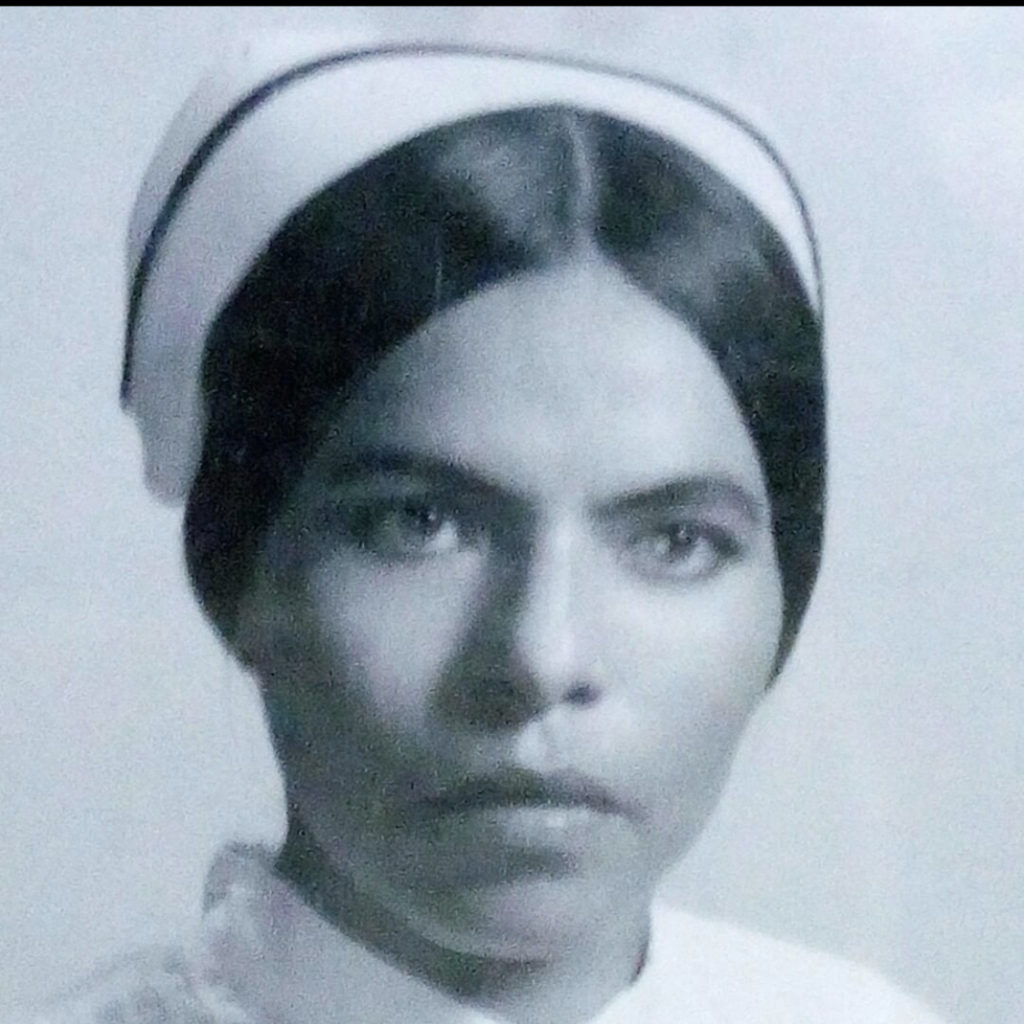
“Todos los días puntual a las seis
Al consultorio regreso otra vez.
Cuentan conmigo, veré por su bien;
A mis mujeres voy a proteger.”
Every day at 6am sharp
To the consulting room I come back once again.
They count on me. I will take care of them.
To all my women I will protect.
So, a few years into my teens, I was quite shocked to meet a young woman from Juárez who was neither sorrowful nor visibly distressed at all times. I wondered: How could she live free of fear of being disappeared? Mind you, she was fully aware of this and expressed deep discontent regarding the Juárez femicides. But she nevertheless tried to live her life with the sense of well-being that everyone should have a right to. She showed me an image that I hadn’t seen before: in spite of the fear and violence, people had to keep on living and not just surviving.
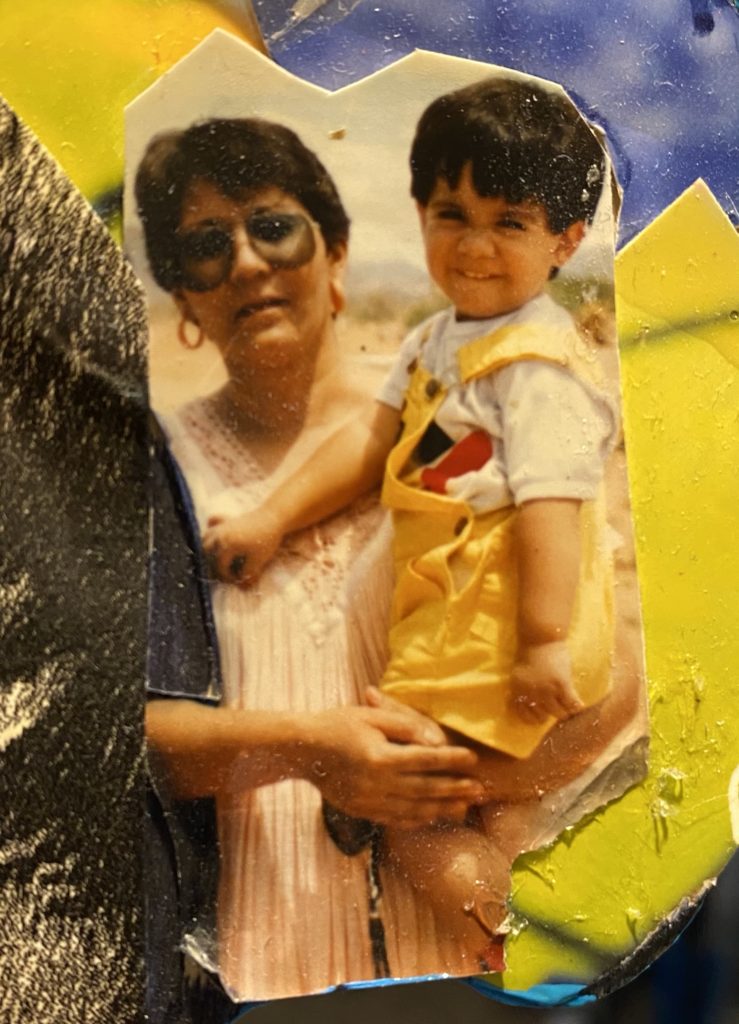
Not too far back, I was told that the theatre community across México had come to some unwritten consensus on a list of writing subjects that we should all put off the table: Aztecs, cartels, and desaparecidos (the disappeared ones). Though I didn’t fully agree, I could understand, in some way, the wish to distance ourselves from these narratives: they had become those “single stories,” to quote Chimamanda Ngozi Adichie, which had long been México’s favorite narrative export (even before Narcos). And it’s true, when you’re in the deep end, sometimes you want to escape from it all… I can imagine that, for many, the telling of these stories felt more like “salting our wounds” than healing them — we don’t want to be defined by suffering. And yet, I haven’t met a person in México who hasn’t been occupied by these concerns. So completely shying away from these questions doesn’t feel entirely right, either.
If we are to tackle these dense and painful subjects, I’d argue we must dare go beyond the fear-striking storylines and invest instead in narratives that reveal the hidden, intimate movements at the core of people’s lives. I think that’s the kind of research Florencia, Jaime, and Rachel are undertaking. By conducting personal interviews with affected individuals and listening keenly to the temperature of the current justice movement, they are sketching a portrait which portrays something that those old newscasts had been missing: much more human elements. Mi’jita, a young woman coming of age at a moment of social reckoning, a seeker in bloom. A father who, despite his well-intended actions towards his daughter, perpetuates that not-at-all subtle machismo that is itself a link in the chain of violence. An almost ageless collective of women gathering in a vigil to remind us of the work their tired hands have endured, as well as the work ahead. “Ni una más,” chant the women of the play, echoing millions of women demanding change: “Not another woman lost.”
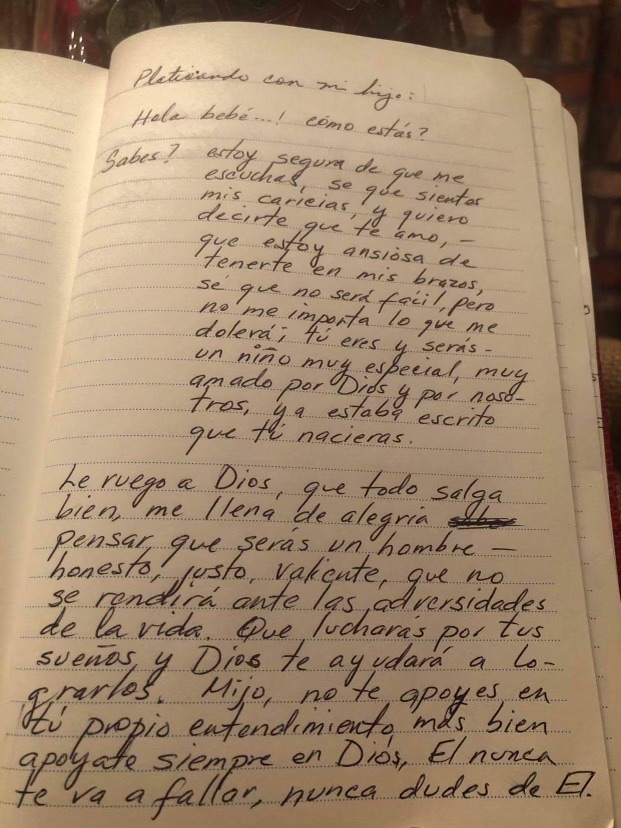
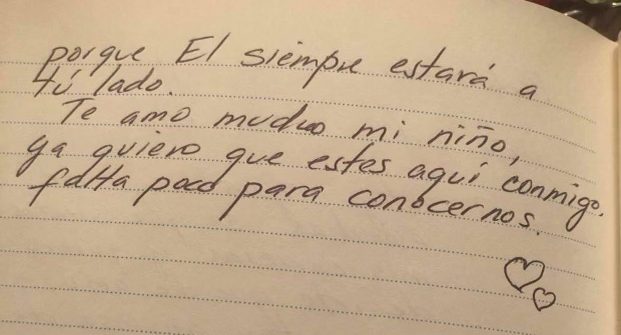
“Se bien que serás
Un hombre de bien,
Valiente y cortés.”
I know well
you are gonna be a good man,
Brave and gracious.
Today, our awareness of gender violence across México is more heightened than ever. And still, there’s much work to be done. From a theatre-making perspective, a piece like this requires much more than curiosity, creativity, and craft— it demands a sense of search guided not solely by the artistic ability of its playwrights but by their ability to listen, as humanely as possible, to original sources. Real research (listening) and development (crafting) are crucial here. Otherwise, we are back to square one: telling the same old story which sensationalizes pain and suffering the way our newspapers and newscasts have done (often to their benefit). Desaparecidas, a sincere work-in-progress, shows a resolve to go further, an ability to question more deeply, and a commitment to tell stories more respectfully and, dare I say, more truthfully.
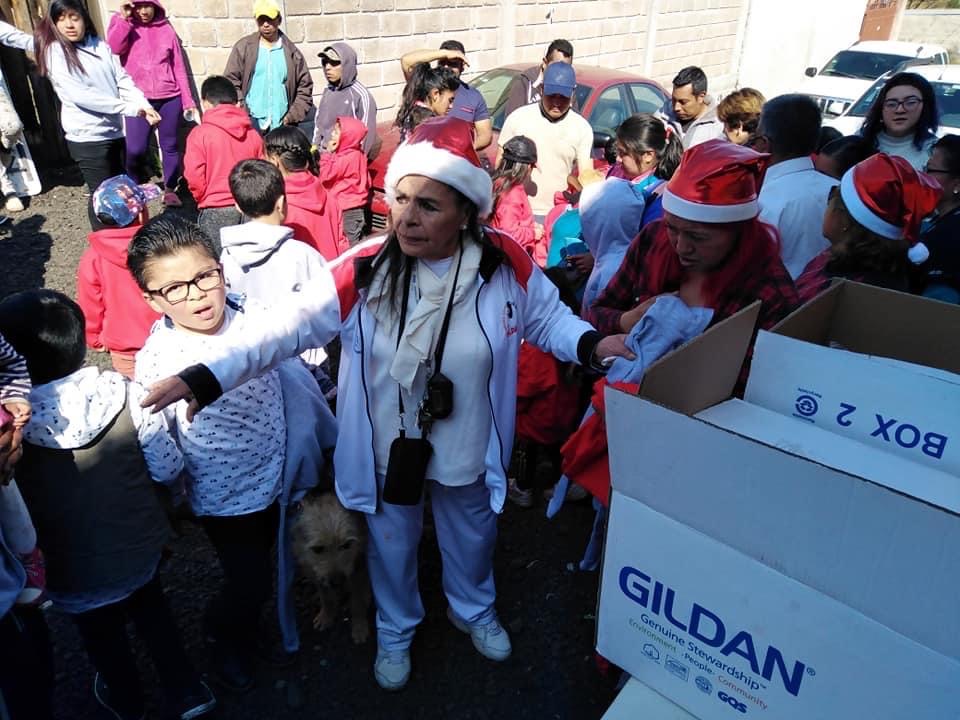
“Tus manos tienen memoria y cuentan tu historia.”
Your hands have memory and tell your story.

To learn more about The Civilians and to access exclusive discounts to shows, join our email list at TheCivilians.org
Author
-
Héctor Flores Komatsu is an international theater-maker, based in México and the US. Artistic Director of Makuyeika Creativo Teatral and fellow at the Laboratory for Global Performance and Politics of Georgetown University. HFK founded Makuyeika after a yearlong journey across México conducted as an inaugural recipient of The Julie Taymor World Theatre Fellowship. He’s worked with Peter Brook as an apprentice in Battlefield, as an actor in The Valley of Astonishment, and most the Spanish- language premiere of The Suit. Graduate of the University of Michigan (BFA Theatre Directing). Has trained with the Suzuki Company of Toga, Japan, interned with Théâtre de la Ville - Paris, and facilitated theatre workshops in prisons and favelas of Rio de Janeiro, Brazil.
View all posts









